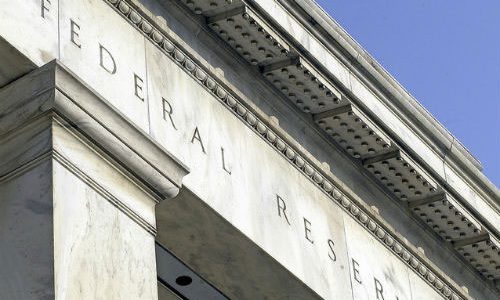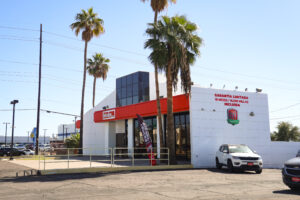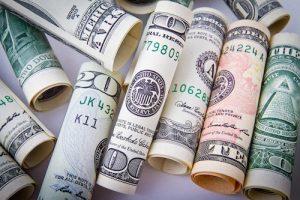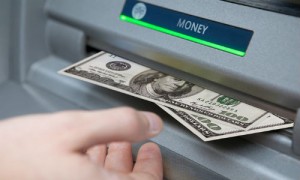Decisions made by the Federal Reserve have monumental effects on financial markets around the world. As the Fed gears up to announce a hike in the interest rate, widely anticipated by the year’s end, reporters need to develop ideas for localizing the story. Here are three ways that a business journalist could cover this topic and how it impacts everyone in a community.
Drill into savings account rates
As the Fed starts raising rates, Americans should start to see the interest on their savings accounts slowly creep up from today’s near-zero return. It won’t happen overnight. The Fed increases rates at small and incremental levels, as not to sabotage the economy. Furthermore, a 2013 study conducted by the Fed found that banks tend to wait an average of 8 months to boost savings account rates after a Fed rate increase.
Local stories to keep in mind:
• Interview local banks about how a rate change might impact their marketing efforts
• Show consumers how to shop for the highest yield for their savings, most likely found in an online bank, credit union or community bank.
Talk to real estate agents and automotive dealers
A hike in the interest rate will likely have an impact on the housing market. The interest rates on 30-year mortgages are highly correlated with the yields of the U.S. Treasury 10-year bond, which rise as short-term rates climb. A series of incremental rate hikes will impact the monthly mortgage payments for current homeowners and potential buyers.
Outside of banks, the automotive industry is arguably the most rate-dependent business in the country. With rates being near zero since the crash in 2008, car sales have rebounded dramatically from just over 9 million in February 2009 to more than 18 million in November 2015. Although on an upward trajectory, the financing on both used car and new car loans are much lower than they were before the crisis.
Local stories to keep in mind:
• Speak with mortgage lenders about how a series of small rate increases could affect the housing market in your area.
• Ask car dealers if an interest rate hike is likely to affect their car sales, and how they plan to react.
Ask small business owners about future plans
As the Fed begins the process of interest rate normalization, businesses both large and small will pay more to borrow money than they have at any time since the crash. The good news is that banks, which will stand to profit from the rate increase, may be more willing to make loans to small business owners. So while a business will be paying more to pay back existing loans, banks may offer attractive incentives to take out additional loans. Both can have an impact on business expansion—or contraction—and job creation.
Local stories to keep in mind:
• Talk to local businesses that are planning on borrowing money to expand their operations to see how the higher rates will affect their plans. Does this ultimately mean hiring more or fewer people?











